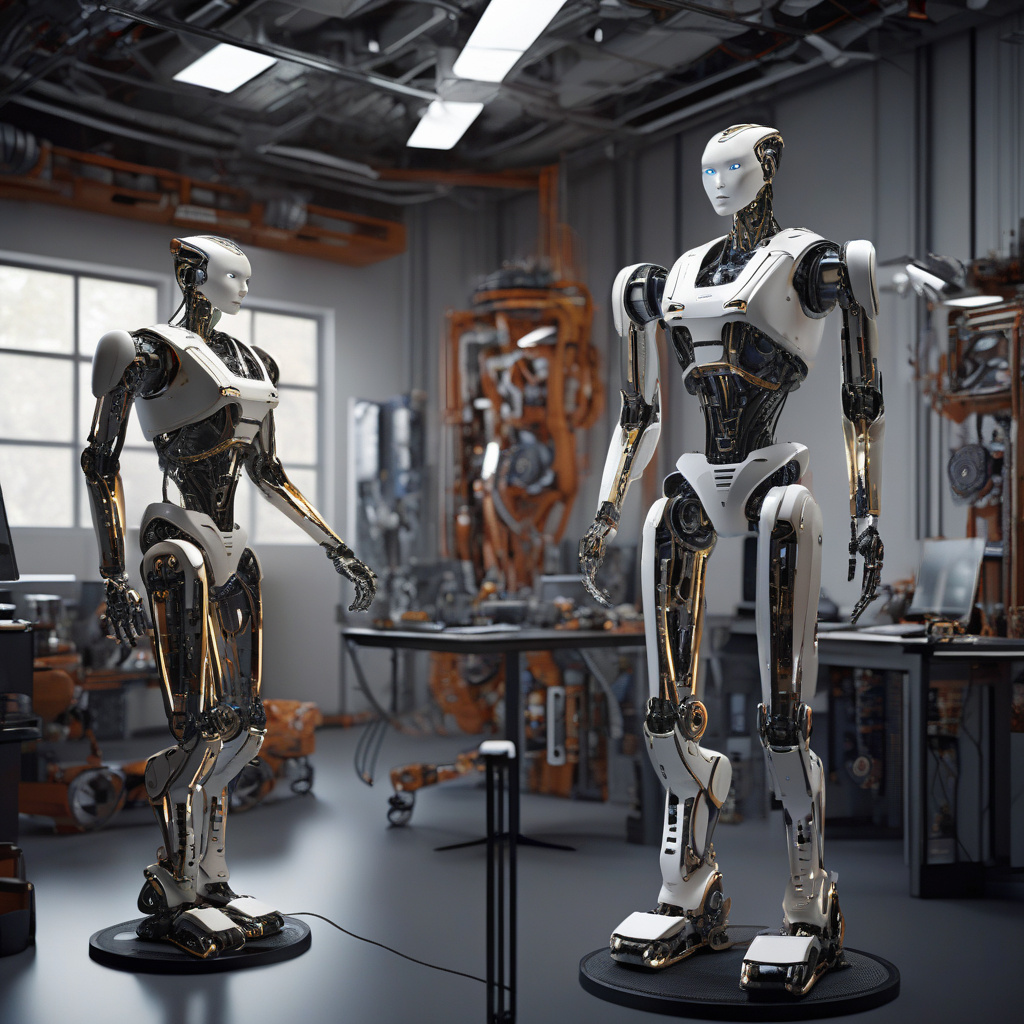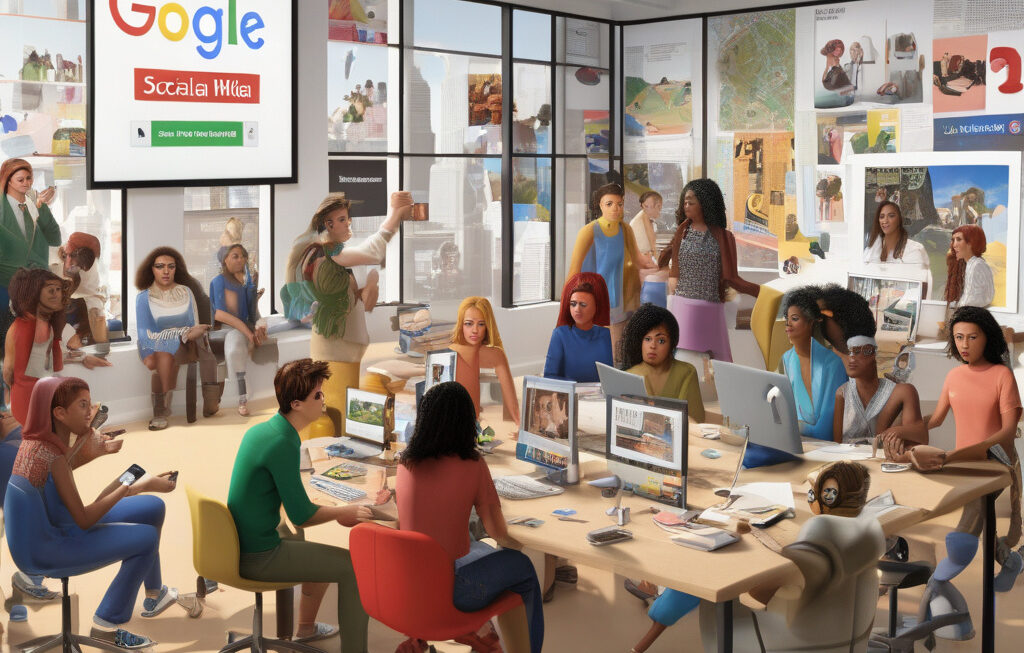Hugging Face: Ex-Tesla Lead Humanoid Firm Gets 3D Printing Robot Power to Take on China
Hugging Face is making its first big leap into hardware with the acquisition of French-based 3D printing startup FABtotum. This move signifies a strategic shift for the company, known for its innovative work in artificial intelligence and robotics. By integrating 3D printing capabilities into its operations, Hugging Face is poised to revolutionize the way humanoid robots are manufactured and distributed.
The acquisition of FABtotum brings a wealth of expertise and technology to Hugging Face’s already impressive arsenal. With a team that includes former employees of Tesla, the electric car giant, Hugging Face is well-positioned to disrupt the traditional manufacturing industry. By combining advanced AI algorithms with cutting-edge 3D printing technology, the company aims to streamline production processes and reduce costs significantly.
One of the key advantages of 3D printing in robotics manufacturing is the ability to create complex, customized parts quickly and efficiently. Traditional manufacturing methods often involve long lead times and high costs for producing specialized components. With 3D printing, Hugging Face can produce intricate parts on-demand, allowing for greater flexibility in design and production.
Furthermore, by bringing production in-house, Hugging Face can maintain greater control over the quality and consistency of its robots. This vertical integration enables the company to iterate rapidly on its designs, incorporating feedback from customers and improving its products continuously. In a fast-paced industry like robotics, the ability to adapt quickly to changing market demands is a significant competitive advantage.
Moreover, by investing in 3D printing technology, Hugging Face is reducing its reliance on external suppliers, particularly those based in countries like China. With ongoing trade tensions and supply chain disruptions, having a domestic manufacturing capability is a strategic move that can help insulate the company from geopolitical risks. By localizing production, Hugging Face can ensure continuity of supply and reduce its exposure to external uncertainties.
In addition to the operational benefits, the acquisition of FABtotum aligns with Hugging Face’s commitment to sustainability. 3D printing is inherently more environmentally friendly than traditional manufacturing methods, as it generates less waste and consumes fewer resources. By adopting this technology, Hugging Face is not only improving its operational efficiency but also reducing its carbon footprint and contributing to a more sustainable future.
As Hugging Face embarks on this new chapter in its journey, the company is setting the stage for further growth and innovation. By leveraging the power of 3D printing and artificial intelligence, Hugging Face is positioning itself as a leader in the robotics industry, with the capability to disrupt the status quo and challenge established players, including those in China.
In conclusion, Hugging Face’s acquisition of FABtotum represents a significant milestone in the company’s evolution. By integrating 3D printing technology into its operations, Hugging Face is primed to revolutionize the way humanoid robots are manufactured, setting new standards for efficiency, customization, and sustainability in the industry.
#HuggingFace #3DPrinting #Robotics #Innovation #Sustainability












